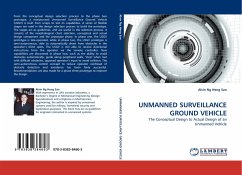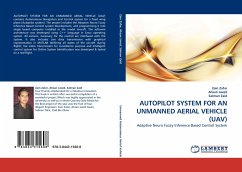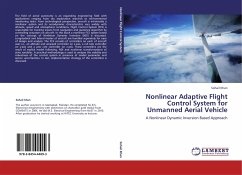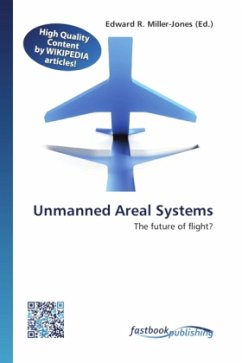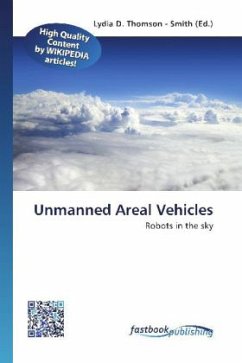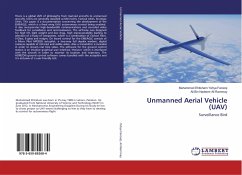From the conceptual design selection process to the phase two prototype, a miniaturized Unmanned Surveillance Ground Vehicle (USGV) is built from scraps to test its capabilities. A series of flexible stages are used in the design selection process to build the prototype. The stages act as guidelines, and are useful in the selection process. It consists of the morphological chart selection, conceptual and actual design component and the prototype phase. In phase one, the USGV prototype is tele-operated, while in phase two, the USGV prototype is semi-autonomous, able to automatically divert from obstacles in the operator's blind spots. The USGV is still able to receive directional instructions from the operator via the remote controller. New capabilities are discovered in phase two, such as the ability to avoid obstacles automatically, guide along peripheral walls, "stop" when met with difficult obstacles, opposed operator's input to avoid collision. The semi-autonomous control concept to reduce operator workload of obstacle detection and avoidance has been fairly successful. Recommendations are also made for a phase three prototype to improve the design.
Bitte wählen Sie Ihr Anliegen aus.
Rechnungen
Retourenschein anfordern
Bestellstatus
Storno

